
As global temperatures rise, developers are reviving ancient, energy-efficient cooling methods like green roofs and solar chimneys, which reduce cooling costs and carbon emissions from modern air conditioning systems.

As global temperatures rise, developers are reviving ancient, energy-efficient cooling methods like green roofs and solar chimneys, which reduce cooling costs and carbon emissions from modern air conditioning systems.
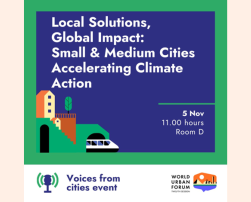
The event will bring experiences from the cities of Chefchaouen (Morocco), Växjö (Sweden), Lusaka (Zambia) and Mechelen (Belgium) to showcase how small and medium size cities can make a difference, what actions can be successfully upscaled but also what challenges they face and what support they need in their climate journey to advance at the same speed as the bigger cities.
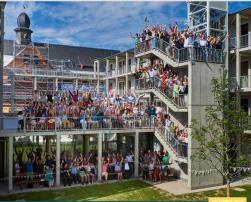
This paper identifies sufficiency measures that reduce the need for unnecessary new construction by maximising the use of existing buildings.

The study explores how green roofs and facades enhance energy efficiency by improving insulation, regulating temperatures, and reducing heat island effects, thereby promoting sustainable urban development. The paper also addresses current research gaps in the subject focusing on long-term benefits of these systems.
The project aims to revitalise the workforce in the heat pump sector through detailed assessment and strategic action planning.
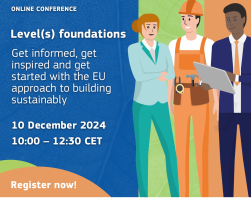
The European Commission DG Environment is inviting those working in the built environment sector to join an online conference exploring Level(s): the EU common language for assessing and measuring the sustainability performance of buildings.
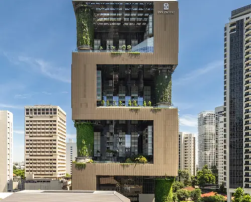
Singapore's Pan Pacific Orchard was named '2024 Best Tall Building Worldwide' by the CTBUH for its innovative, sustainable design that integrates nature and community within a high-density urban environment.
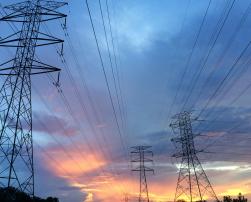
A recent study reveals that building renovations can significantly reduce peak energy demand in Europe by nearly 50% by 2050, saving over €312 billion annually and supporting the transition to climate neutrality while enhancing energy efficiency and equity across the continent.
Renovation enhancement network towards optimised vitality and adaptation integration in dwellings.
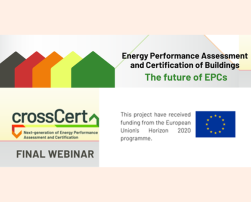
The final crossCert Webinar presents the final results of 3 years of research and stakeholder engagement.